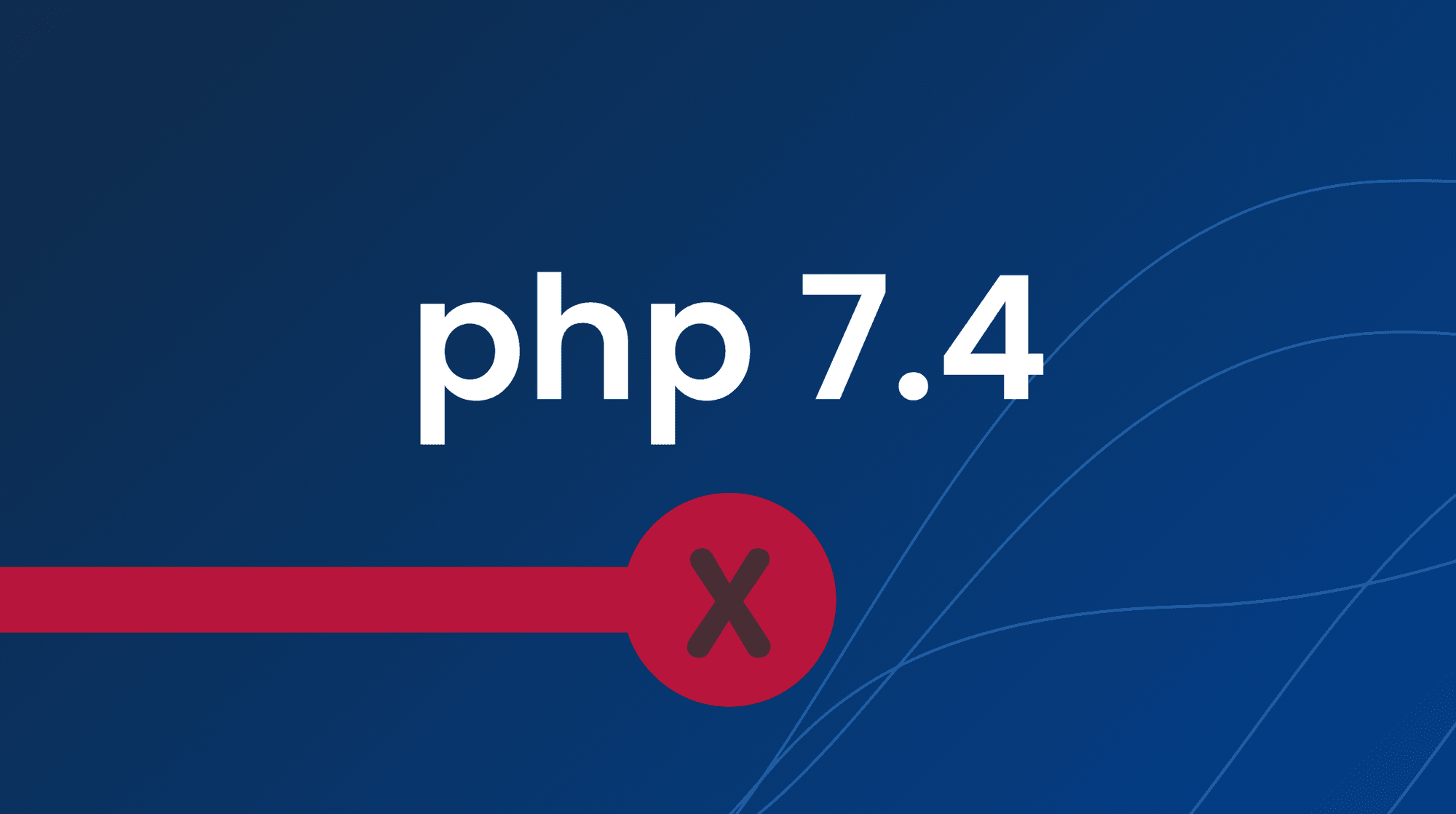在当今快速发展的数字环境中,拥有一个可靠且安全的网站对于任何希望建立强大在线形象的企业或个人来说都是必不可少的。WordPress 是数百万个网站使用的最受欢迎的内容管理系统 (CMS) 之一。然而,托管 WordPress 网站通常是一项复杂而艰巨的任务。这就是云托管的作用所在。
云托管正在彻底改变网站托管方式,提供可扩展性、灵活性和增强的安全性。它提供无缝且高效的基础设施,无需物理服务器,让企业和个人专注于真正重要的事情 - 内容和用户体验。
在本文中,我们将深入研究 WordPress 网站的自动化云托管世界,探索其优势、市场主要参与者、新兴趋势以及确保 WordPress 网站安全、成功的托管环境所需的安全措施。让我们开始吧!🚀
了解云托管
云托管已成为技术和商业领域的流行词。但它到底是什么意思呢?在本文中,我们将深入探讨云托管的定义和基础知识,探索其优势,并阐明这种创新托管解决方案的市场覆盖范围。那么,让我们开始揭开云托管的神秘面纱吧!
云托管的定义和基础知识
要开始了解云托管,必须掌握基本概念。云托管是指在虚拟基础架构上托管网站、应用程序或服务的做法,该基础架构从多个互连的服务器中获取资源。这些服务器形成一个称为“云”的网络,使用户可以从世界任何地方访问他们的数据和应用程序。
以下是一些帮助您了解云托管世界的关键术语:
- 虚拟化:云托管依赖于虚拟化技术,该技术允许在单个物理服务器上运行多个虚拟服务器。此虚拟化层将硬件资源与虚拟服务器分离,从而增强了灵活性和可扩展性。
- 可扩展性: 云托管的显著优势之一是其可扩展性。使用传统托管时,您会受到单个服务器资源的限制。相比之下,云托管允许您根据需要扩大或缩小资源,从而确保最佳性能和成本效益。
- 冗余:云托管通过将资源分布在多台服务器上来降低停机风险。如果一台服务器发生故障,另一台服务器将无缝接管,确保服务不中断。对于需要高可用性和可靠性的企业来说,此冗余功能至关重要。
云托管的优势
云托管具有众多优势,使其成为各种规模企业的有吸引力的选择。以下是一些主要优势:
- 灵活性:云托管提供无与伦比的灵活性,因为它使您能够按需调整资源。无论您需要在高峰流量期间扩大规模,还是在较慢时段缩小规模,云托管都可以无缝适应您不断变化的需求。
- 成本效益:传统托管模式要求企业投资昂贵的硬件和基础设施。使用云托管,您可以消除这些前期成本,只需为您使用的资源付费。这种按需付费模式可以更好地控制成本并提高可扩展性。
- 可靠性:云托管提供高水平的可靠性和正常运行时间。通过利用云基础设施内置的冗余,企业可以确保用户全天候访问其网站和应用程序。
- 全球影响力:云托管使企业能够利用位于全球不同地区的数据中心覆盖全球受众。这种分布式基础设施可减少延迟并确保流畅的用户体验,无论用户的地理位置如何。
云托管的市场覆盖范围
云托管已在各个行业获得了显著的关注,其市场范围不断扩大。让我们来看看一些统计数据,以突显其日益普及:
根据最近的研究:
- 44% 的传统小型企业使用云基础设施或托管服务,74% 的企业正在利用云基础设施或托管服务。
- 预计2023年全球公共云服务市场规模将达到$6233亿美元,2018年至2023年的复合年增长率为16.7%。
这些数字表明,云托管在未来几年将得到广泛采用,并具有增长潜力。随着企业越来越认识到可扩展性、成本效益和全球影响力的好处,云托管有望成为各个行业组织的首选托管解决方案。
在对云托管、其优势和市场覆盖范围有了深入的了解后,您现在已具备了做出明智托管决策所需的知识。因此,无论您是小型企业主还是准备采用云的企业,请记住云托管带来的力量和潜力。拥抱云,为您的业务解锁新的可能性!
云托管的主要参与者和市场份额
近年来,随着公司认识到将基础设施迁移到云的好处,云托管行业经历了巨大的增长。随着需求的增加,市场上出现了几家主要参与者,每家都在争夺自己的份额。在本节中,我们将探讨云托管市场的顶级参与者及其各自的市场份额。
前三名球员
在云托管方面,有三家公司已成为领先提供商:Google、Microsoft Azure 和 AWS(亚马逊网络服务)。这些科技巨头一直处于云计算创新的前沿,并获得了相当大的市场份额。
根据最近的市场调查,这三家公司合计控制着公有云市场 66% 的份额。这证明了他们的主导地位以及企业对其服务的信任。让我们仔细研究一下这些公司,了解他们的独特之处。
谷歌:以创新驱动未来
Google 一直是创新的代名词,其云托管服务也不例外。凭借其广泛的全球数据中心网络和强大的基础设施,Google Cloud 提供一系列服务和工具,以满足各种规模企业的需求。
谷歌的突出特点之一是其机器学习能力。借助其人工智能和机器学习工具,谷歌云使企业能够利用数据的力量并获得有价值的见解。从预测分析到语音识别,谷歌云已将自己定位为人工智能领域的领导者。
Microsoft Azure:释放集成的力量
由于与其他 Microsoft 产品和服务无缝集成,Microsoft Azure 在云托管领域迅速流行起来。对于已经依赖 Microsoft 技术的企业,Azure 为其现有基础设施提供了自然的扩展。
Azure 的优势在于其混合功能,使企业能够轻松地将其本地系统与云解决方案相结合。这种灵活性使 Azure 成为需要混合云环境的企业的首选。
AWS:云计算的先驱
说到云托管,很难忽视亚马逊网络服务 (AWS) 的影响。作为市场上最早的参与者之一,AWS 一直是云计算的先驱,为其他人树立了榜样。
AWS 提供全面的服务套件,可满足企业的各种需求。从计算能力到存储、数据库到网络,AWS 提供了大量选项来支持任何工作负载。它的可扩展性和可靠性使其成为初创公司、大型企业以及介于两者之间的所有企业的热门选择。
其余领域
虽然 Google、Microsoft Azure 和 AWS 占据市场主导地位,但必须承认云托管领域还有其他参与者。IBM Cloud、Oracle Cloud 和阿里云等公司也占有相当大的市场份额,并满足特定的行业需求。
总之,云托管市场主要由 Google、Microsoft Azure 和 AWS 主导,共控制三分之二的市场份额。这些主要参与者提供广泛的服务和工具,使各种规模的企业都可以访问和扩展云托管。然而,考虑该领域的其他参与者至关重要,因为他们可能会提供符合特定要求的专门解决方案。随着云托管市场的不断发展,竞争将加剧,推动所有参与者创新和增强其产品。
云托管的新兴趋势
云托管已成为现代企业的一个重要方面,它提供了灵活性、可扩展性和成本效益。随着技术的不断进步,云托管领域出现了新的趋势,这些趋势正在塑造组织利用云功能的方式。在本节中,我们将探讨云托管中一些最令人兴奋和最有前景的趋势,包括:
-
云托管中的安全性
随着云基础设施的日益普及,安全已成为企业的首要关注点。云托管提供商不断致力于增强安全措施并提供强大的解决方案来保护敏感数据。云托管中的一些值得注意的安全趋势包括:
- 多因素身份验证 (MFA)——实施 MFA 增加了一层额外的安全性,要求用户提供多种形式的验证,例如密码、指纹或令牌。
- 加密 – 数据加密对于确保数据隐私和防止未经授权的访问至关重要。越来越多的云托管提供商提供内置加密选项,以保护静态和传输中的数据。
- 合规性和认证 – 云托管提供商正在获得行业特定认证,例如 ISO 27001 和 SOC 2,以确保遵守严格的安全标准。
-
云托管中的人工智能和机器学习
人工智能 (AI) 和机器学习 (ML) 技术与云托管的集成正在彻底改变基础设施的管理和优化方式。该领域的一些主要趋势包括:
- 自动化资源分配 – AI算法分析使用模式并自动分配资源以优化性能和成本效益。
- 预测分析 – ML 模型可以预测潜在的系统故障,实现主动维护并最大限度地减少停机时间。
- 智能扩展 – 人工智能的扩展算法评估应用程序需求并动态调整资源,确保始终保持最佳性能。
-
物联网 (IoT) 在云托管中的作用
物联网 (IoT) 正在产生大量需要处理、存储和分析的数据。云托管在支持物联网计划方面发挥着关键作用。以下是一些主要趋势:
- 边缘计算 – 将计算资源移近网络边缘的物联网设备可减少延迟并提高实时决策能力。
- 数据管理 – 云托管提供商正在开发专门的解决方案来有效处理大量物联网数据。
- 集成和互操作性 – 云托管平台实现物联网设备、云服务和企业系统之间的无缝集成,创建统一的生态系统。
-
可持续性、边缘计算、无服务器架构和区块链托管
除了安全性、人工智能、机器学习和物联网之外,云托管还有其他一些新兴趋势,包括:
- 可持续发展 – 云托管提供商优先考虑节能基础设施并采用可持续的做法来减少碳足迹。
- 边缘计算 – 边缘计算的兴起使组织能够更接近源头处理和分析数据,从而减少延迟并缩短响应时间。
- 无服务器架构 – 无服务器计算消除了基础设施管理的需要,使开发人员只需专注于编写代码。
- 区块链托管 – 区块链技术提供透明、安全的分散式解决方案,云托管提供商正在探索其增强数据完整性和透明度的潜力。
这些新兴趋势清楚地表明,云托管并不是一成不变的;它不断发展,适应企业不断变化的需求。通过了解并接受这些趋势,组织可以充分发挥云托管的潜力,并在当今的数字环境中获得竞争优势。
WordPress 网站的云托管
云托管因其众多优势(包括可扩展性、可靠性和安全性)而越来越受 WordPress 网站欢迎。借助云托管,您的 WordPress 网站将托管在互连服务器网络上,从而确保高正常运行时间、快速加载速度以及处理高流量负载的能力。在本文中,我们将探讨 WordPress 网站云托管的两个关键方面:
云托管上 WordPress 的安全措施
网站所有者的主要担忧之一是安全性,尤其是经常成为黑客攻击目标的 WordPress 网站。幸运的是,云托管提供了强大的安全措施来保护您的 WordPress 网站免受潜在威胁。以下是托管 WordPress 托管服务通常提供的一些安全功能:
- 定期更新:托管服务会定期更新您的 WordPress 核心、主题和插件,以确保您的网站及时更新最新的安全补丁,从而降低漏洞风险。
- 恶意软件扫描:托管服务提供商会定期扫描您的 WordPress 网站是否存在恶意软件,检测并消除任何潜在的安全威胁。
- 安全协议:云托管平台实施先进的安全协议,例如防火墙和入侵检测系统,以保护您的网站免受未经授权的访问和恶意攻击。
- SSL/TLS 证书:云托管服务通常提供免费的 SSL/TLS 证书,确保您的网站与访问者之间的安全通信。
通过利用这些安全措施,云托管可以最大限度地降低您的 WordPress 网站受到攻击的风险,并让您安心地知道您的网站受到保护。
WordPress 网站托管的未来
随着技术的不断发展,网络托管的未来也在不断发展。云托管在塑造 WordPress 网络托管的未来方面发挥了重要作用,并且将继续发挥作用。以下是我们可以期待的一些未来趋势和进步:
- 人工智能集成:人工智能将越来越多地融入云托管服务。人工智能算法可以分析网站流量、检测模式并预测未来的资源需求,从而实现 WordPress 网站的自动扩展和优化。
- 提高网站性能:云托管利用分布式服务器网络和无服务器架构提供卓越的性能。随着技术的进步,我们可以期待 WordPress 网站的加载速度更快、延迟更低、整体性能更佳。
- 可扩展性和灵活性:借助云托管,您可以根据网站需求轻松扩展或缩减资源。这种可扩展性使您的 WordPress 网站能够处理高流量高峰,而不会对性能产生任何影响。
- 增强安全性:随着网络威胁的日益普遍,云托管提供商正在投资先进的安全措施。未来,我们可以期待更强大的安全协议、预测性威胁预防和增强的数据加密。
总之,云托管为 WordPress 网站提供了安全、可靠且可扩展的基础设施。通过利用托管 WordPress 托管服务提供的安全措施并关注未来的发展,您可以确保您的 WordPress 网站能够很好地处理不断变化的数字环境。
结论
总之,云托管世界为网站提供了许多好处,尤其是 WordPress 网站。凭借其可扩展性、可靠性和安全性,毫无疑问,云托管已成为许多企业和个人的首选解决方案。
虽然云托管市场上有几家主要参与者,但选择一家了解 WordPress 网站独特需求的提供商至关重要。这就是 Managed-WP™ 的作用所在。
Managed-WP™ 是一款高级托管 WordPress 云托管平台,它不仅简化了基础架构,还提供了自由的数字体验。凭借专家全天候 WordPress 支持、WordPress NOC、备份管理、补丁管理和主动监控,Managed-WP™ 可确保您的 WordPress 网站保持安全并发挥最佳性能。
那么,既然您可以将 WordPress 网站委托给 Managed-WP™ 等可靠且经验丰富的提供商,为什么还要满足于现状呢?借助 Managed-WP™ 将您的数字形象提升到新的水平,亲身体验其中的不同之处。访问 托管-WP.com 今天了解更多。💻✨
常见问题
- 什么是 WordPress 网站的自动化云托管?
WordPress 网站的自动化云托管是指将您的 WordPress 网站托管在云基础架构上的过程,该基础架构提供网站的自动设置、管理和扩展。它消除了手动服务器配置的需要,并提供可靠且安全的托管环境。
- 为什么我应该为我的 WordPress 网站选择自动化云托管?
自动化云托管为 WordPress 网站提供了多种优势,包括高可扩展性以处理流量高峰、更好的正常运行时间和可靠性、自动备份和灾难恢复、增强的安全措施以及通过直观的控制面板轻松管理。
- 哪些云托管提供商为 WordPress 提供自动托管?
有多家云托管提供商为 WordPress 提供自动化托管,例如 Amazon Web Services (AWS)、Google Cloud Platform (GCP)、Microsoft Azure 和 DigitalOcean。这些提供商提供托管式 WordPress 托管服务,其中包括自动化设置和管理。
- 我需要技术专业知识才能使用 WordPress 的自动云托管吗?
不,您不需要广泛的技术专业知识即可使用 WordPress 的自动云托管。托管 WordPress 托管提供商提供用户友好的界面和控制面板,让您无需深厚的技术知识即可轻松设置和管理您的网站。
- 自动化云托管对于 WordPress 网站来说是否具有成本效益?
是的,自动化云托管对于 WordPress 网站来说非常划算。通过选择提供按使用量付费定价的云托管提供商,您只需为所消耗的资源付费,这使其成为托管网站的灵活且划算的选择。



















